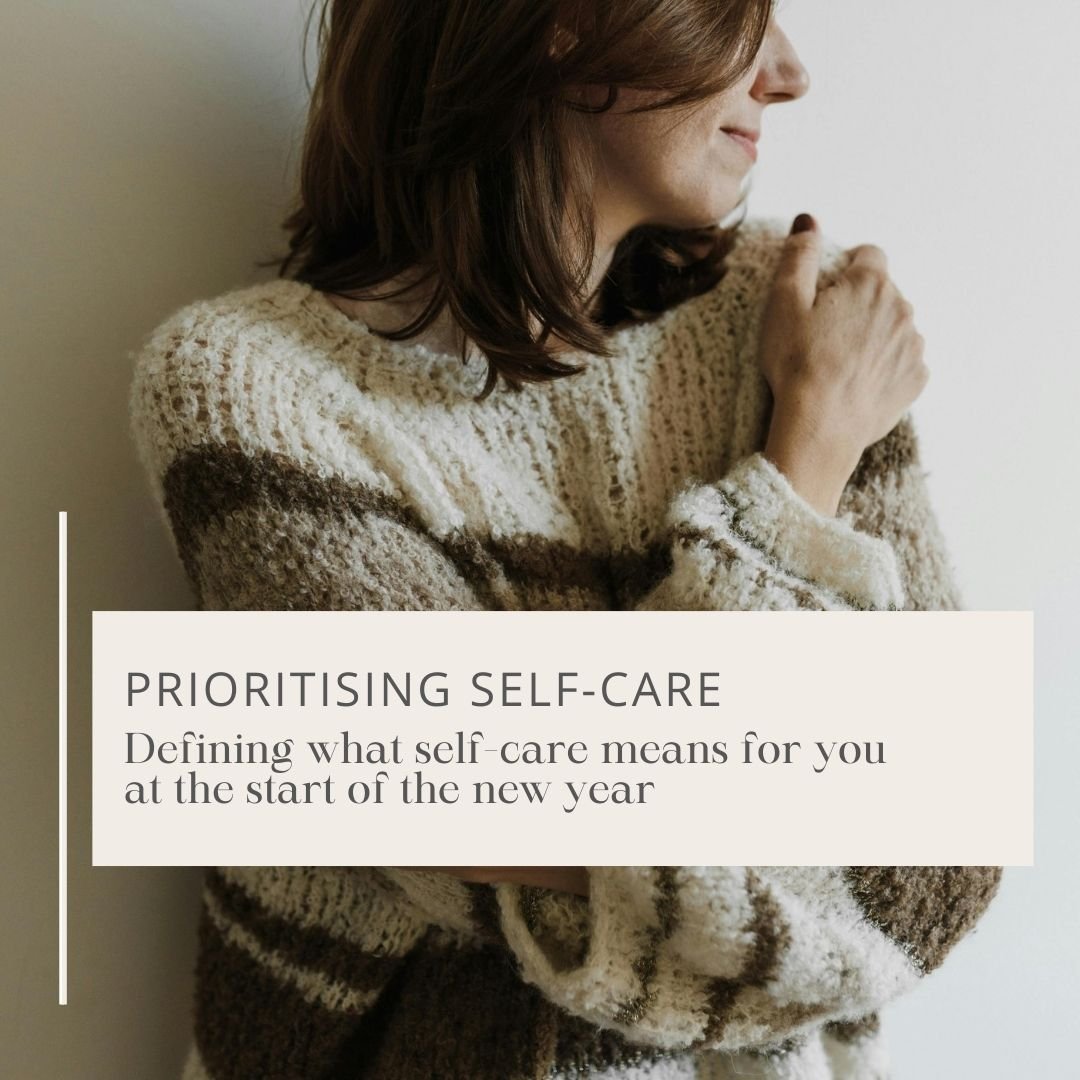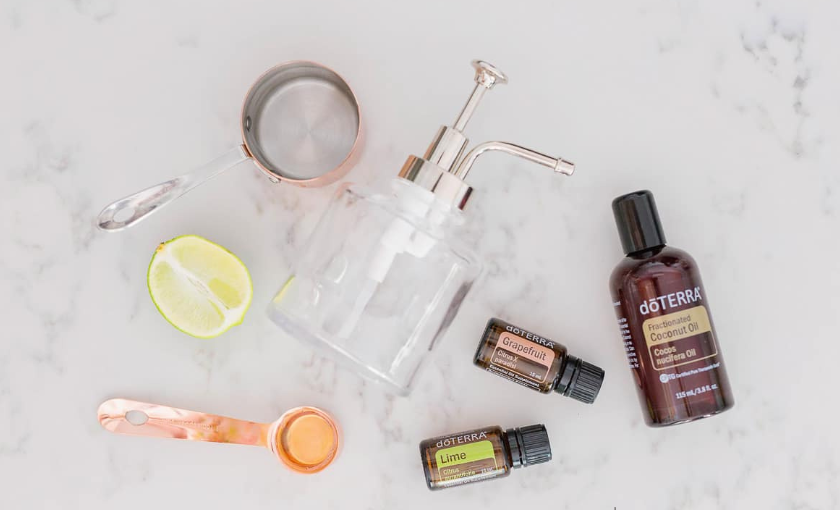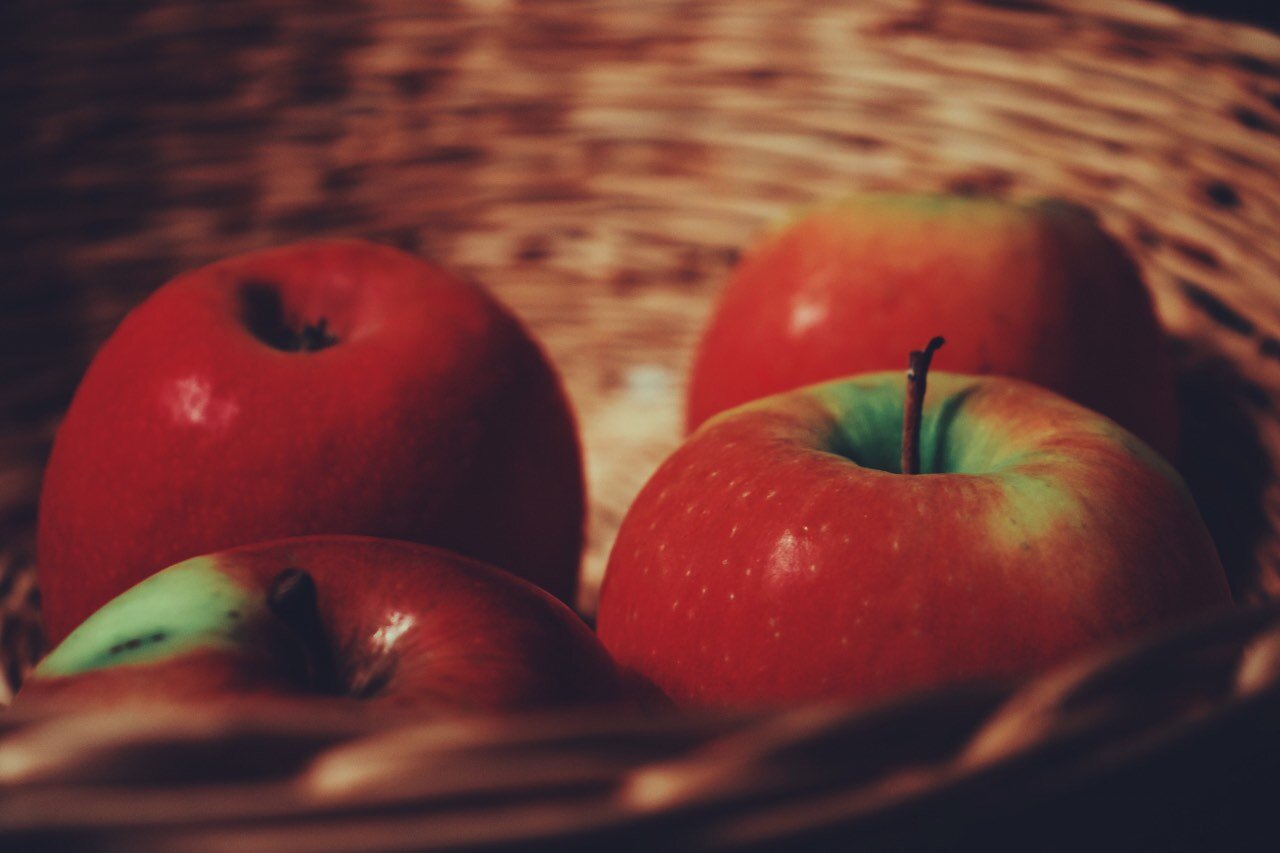WHY IS IT IMPORTANT?
Physicians have been seeing increasing symptoms of toxicity in their patients over the last few decades. Hormone imbalances, obesity, mental fog, memory loss, fatigue, lack of vitality, metabolic syndrome, sleep disturbances are all manifestations of toxins building up in our body. Spring is upon us, a perfect time of year to support detoxification. As the seasons change, many of us are motivated to do ‘spring cleaning’ in our homes and gardens. The same need applies to our bodies. When the body is supported to detox, it can function more efficiently and gain resilience.
As we move from Winter into the Spring season, you may have noticed feelings of invigoration within you, with an urge to exercise and reconnect with nature, spending time outside in the sunshine, working in the garden. With the changing seasons, it is important to understand the natural changes which occur inside our body in response to the outside seasonal change. In Eastern Medicine, health is considered to be good when a balance between mind, body and the environment is maintained. To do this it is very important to adapt ourselves to the seasonal routine/regimen suitable for each season (diet and lifestyle changes). Spring is a season of energy, vitality, and celebration, but the changing environment creates changes in one's constitutional balance that should be addressed via diet and lifestyle changes. Also, the season change can affect some of us differently than others, e.g., the blooming flowers may make some individuals happy, the resulting pollen may exacerbate allergies in other constitutions.
Therefore as seasons change:
So should our eating habits, lifestyle and physical activity accordingly. Simply because, our body is built in such a way that it responds to every season in a unique fashion. When we fail to do so, that is when imbalance/diseases come knocking.
SPRING TIME
It is the long-awaited change of winter to spring. Seeds sprout, flowers bloom, and the sun warms the earth. There is a sense of renewal and new life all around. While winter was a time to conserve energy and reduce activity, spring is a time of regeneration, new beginnings, and a renewal of spirit. Spring is the ideal time for cleansing and rejuvenation for overall health and well-being.
Spring corresponds to the "Wood" element, which in turn is conceptually related to the liver and gallbladder organs, these two organs are usually the primary targets for springtime cleansing and health regimens. . According to the philosophy of Chinese medicine, the liver is responsible for the smooth flowing of Qi (energy) throughout the body. When the liver functions smoothly, physical and emotional activity throughout the body also runs smoothly.
DETOX EFFECTIVELY!!
Put the juicing book down! Our bodies have some pretty amazing systems in place to make sure we don't become toxic but we need to support it in the right way to reduce/eliminate toxins. There is a misconception that our liver is just a dirty filter that needs to be rinsed out. (It's not. The liver doesn't store toxins, it transforms unsafe molecules into safe molecules that can be more easily removed from the body.)
So with that lets shift our attention to supporting the powerhouse that is our Liver!
OUR LIVER HEALTH GUIDE
~ NOURISHING NUTRITION:
Toxins to avoid:
• Alcohol
• Coffee
• Refined cane sugar
• Artificial Sweeteners
• Artificial additives & preservatives (check for numbers on food labels)
• Hydrogenated oils, often added to snack foods.
• Avoiding processed food altogether can be an easy way to avoid the above 4 items.
• Non-organic meats & diary which may contain hormones, pesticides & antibiotics in their feed.
• Any foods you know that you have a sensitivity to
Relieve your liver by consuming less, especially highly processed foods and alcohol, while you increase your intake of lightly steamed vegetables and whole grains. In general, it is best to eat foods that are local and clean/organic to ensure that nutrients are dense and you can avoid any added chemicals
To prevent or alleviate liver Qi stagnation (build up) add these foods to your spring diet: onions, garlic, mustard greens, watercress, asparagus, taro root, cabbage, turnip, cauliflower, broccoli, brussel sprouts, beets, artichokes, carrots, celery, turmeric, basil, mint, horseradish, pepper, cardamon, cumin, fennel, dill, ginger, sprouted grains, sourdough breads, extra virgin olive oil, molasses, kumquats, tangerines, grapefruit, and water chestnuts.
Taste Sour - Foods and drinks with sour tastes are thought to stimulate the liver's qi. Put lemon slices in your drinking water, use vinegar and olive oil for your salad dressing. Garnish your sandwich with a slice of dill pickle.
Pungent-flavored foods stimulate circulation of Qi and blood, enhance digestion, disperse mucus, remove obstructions and improve sluggish liver function.
Pungent foods you can add in include: mint, spring onions, ginger, horseradish, chamomile and black pepper
Eating green foods will also help decongest your liver, promote Qi movement upwards and outward, and bring your body into harmony with the season. Nourish and support the liver by focusing on the intake of green, chlorophyll-rich foods: kale, parsley, collard greens.
~ MINDFUL MOVEMENT:
Stretch - The liver controls the tendons. According to Chinese medicine, the liver stores blood during periods of rest and then releases it to the tendons in times of activity, maintaining tendon health and flexibility. Incorporate a morning stretch into your routine. Try yoga or tai qi.
Eye Exercises - The liver opens into the eyes. Although all the organs have some connection to the health of the eyes, the liver is connected to proper eye function. Remember to take breaks when looking at a computer monitor for extended periods of time and do eye exercisesDo more outdoor activities - Outside air helps liver qi flow. If you have been feeling irritable, find an outdoor activity to smooth out that liver qi stagnation. Try hiking or take up golf
Increase your movement—start an exercise program of walking, dancing, Qi Gong, yoga, running, swimming
~ TREATMENT
Get Acupuncture: acupuncture is an amazing and gentle way to even out any ‘stuck bits’ in the body – be it physical, emotional or energetic. If you’re feeling sick, stuck, sad or just plain confused, see your local acupuncturist for a seasonal tune-up. You might find that while you’re doing all the above things in the right way a good acupuncture session or two can really help to turn things around.
~ LIFESTYLE/SELF CARE
Let go: spring is the time of new beginnings. Let go of anything that was weighing you down during the previous heavy winter months. Take some time to sit down and clarify your goals and values. What brings you joy and happiness? Are you able to replace any of the things that have been negative in your life with these new positive aspects? The liver is a very emotional organ that loves to hold on to old anger and worries. Let these go! Take this season as an opportunity to emotionally relinquish things that are no longer serving you – situations, relationships and emotions – and welcome in the space for new exciting times.
Enjoy a sauna, steam, or soak to help with detoxification
Get a facial and/or body treatment to slough off that dull, winter skin
Walk barefoot to get grounded and reconnect with the season
Do something spontaneous to rev up that sense of adventure
Walk through nature and listen to the birds sing
Call up an old friend you haven’t spoken to in a while and have a good chat
Laugh
Spring clean your home
Try something new





















